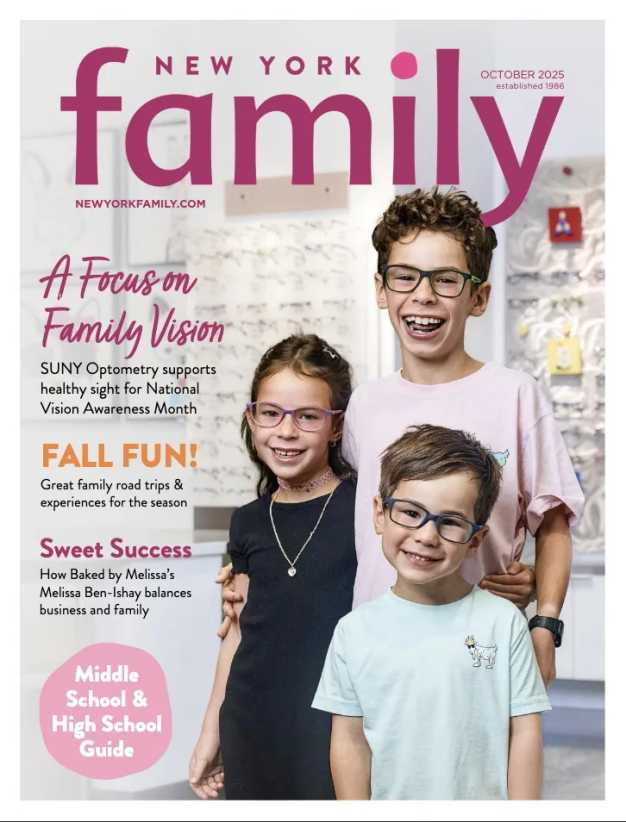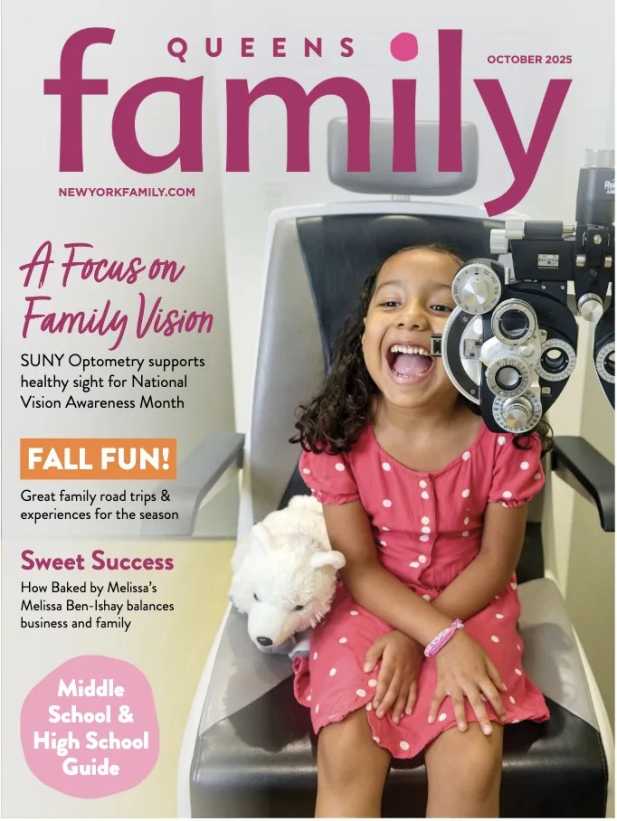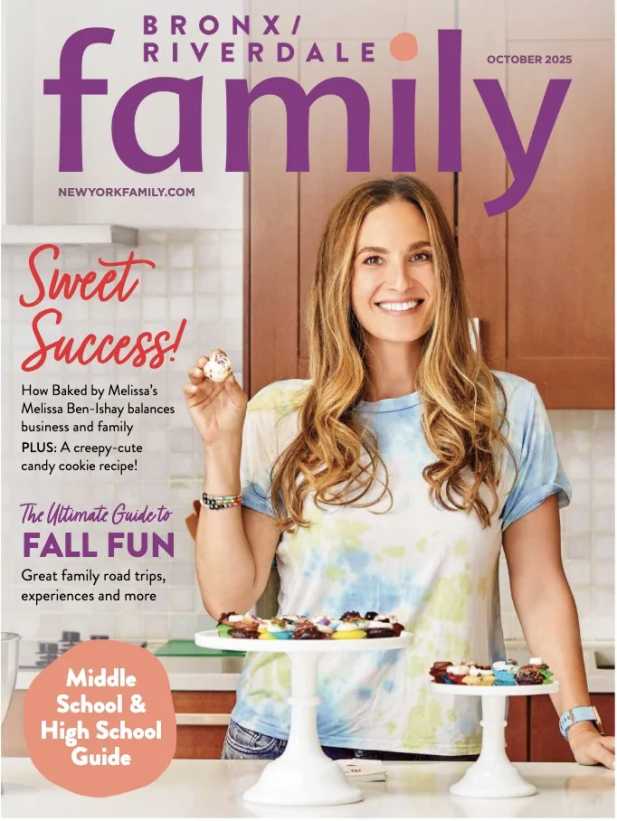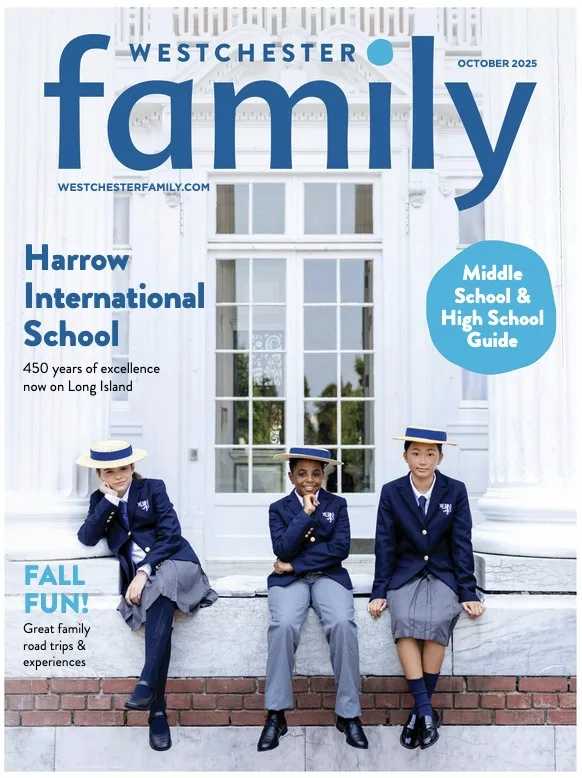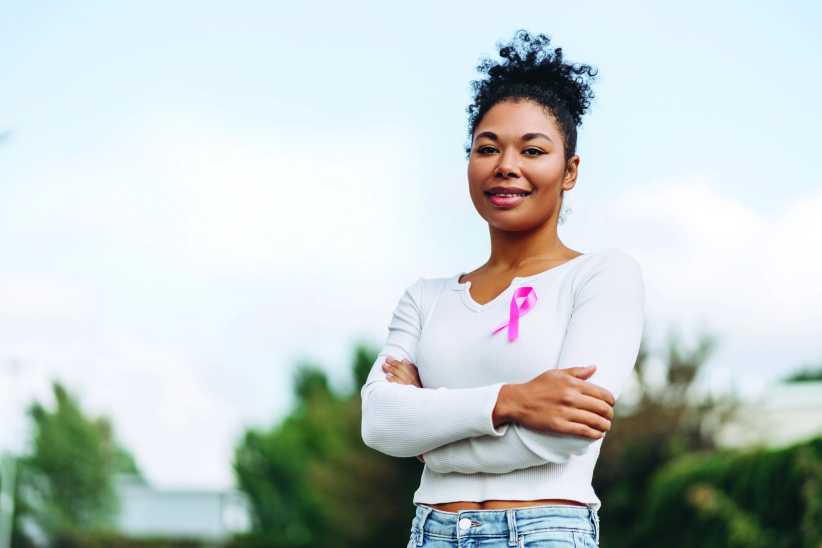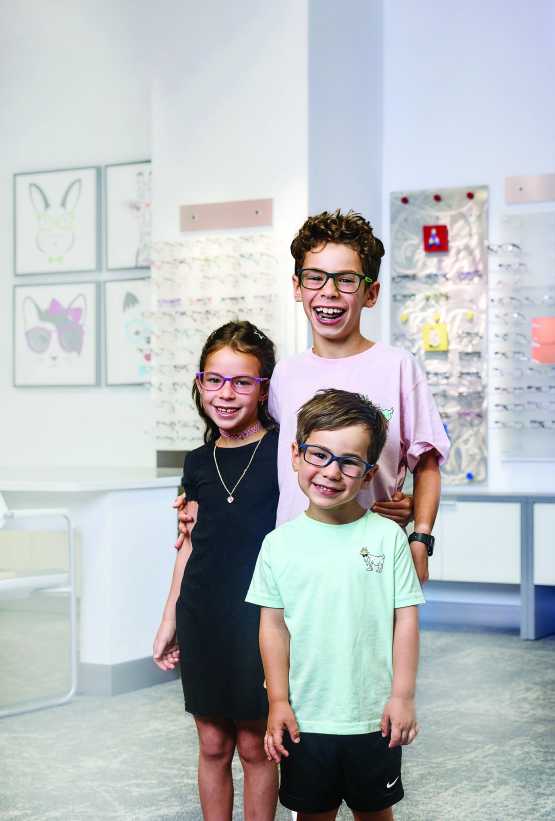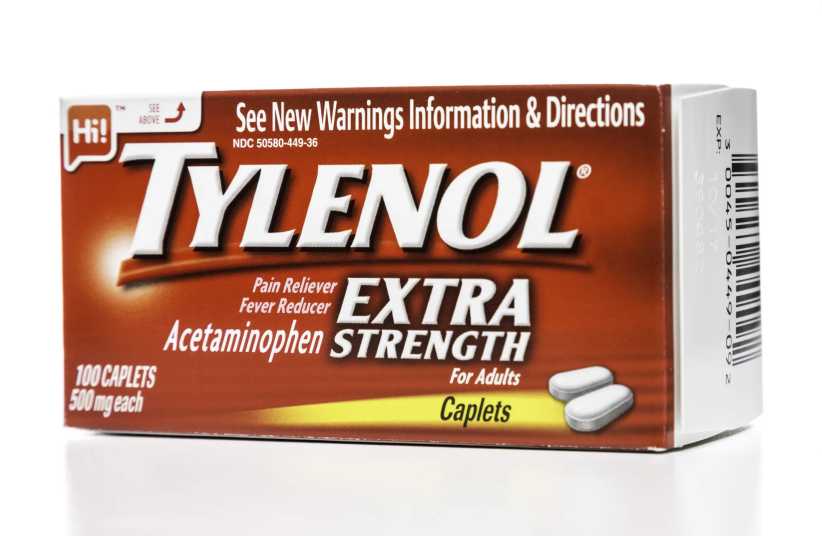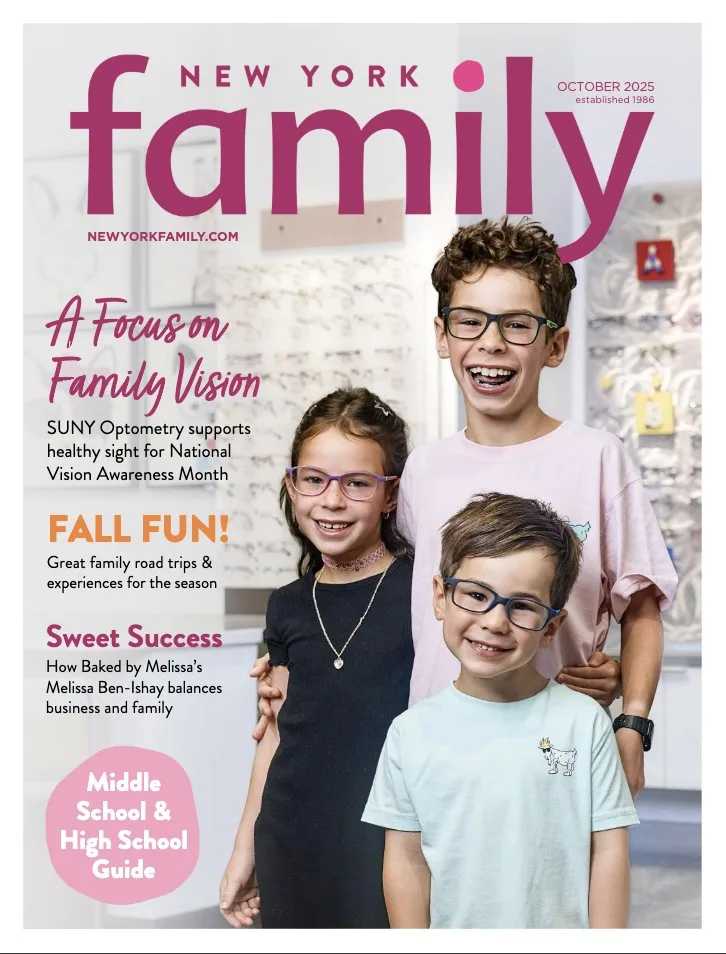
“It’s great to have a hometown hero,” Mayor Bloomberg crowed to hundreds of delighted swim fans at Asphalt Green.
The cheering kids and parents, supporters and teammates were welcoming back Olympian Lia Neal at a homecoming party just last month. Neal, who is 17, was part of the 4×100-meter freestyle relay team that won bronze at the Olympics in London this summer. The Brooklyn native has been swimming competitively since she was eight years old at Asphalt Green, where she is the beneficiary of the organization’s Swim For The Future Scholarship and a member of the city’s largest and most diverse community of competitive swimmers.
“She is very comfortable here and with her teammates,” says her coach, Rachel Stratton-Mills, who is the Head Coach of Asphalt Green Unified Aquatics (AGUA). “Actually, the biggest challenge for me was trying to create an environment that pushed her past this comfort zone, so that she could achieve at the next level.”
In person, Neal radiates a friendly, low-key charm that makes her a very appealing and relatable champion.
“Swimming is just the best sport,” she recommends to all the kids at the homecoming, who were festooned with plastic medals, crowns, and torches. “But I might be biased.”
Maybe just a bit. Here’s what else Neal had to say about being a swimmer and competing at the Olympics:
Being an Olympic medal-winning swimmer isn’t like being an average 17-year-old. How do you feel about your accomplishment?
I’ve pretty much become accustomed to the swimming life because I’ve been doing it for quite a while. I do hear about things other teenagers do [who] don’t swim, and how much free time they have, but I’m fine with what I have. I mean, I have a bronze Olympic medal around my neck.
When did you realize you had Olympic talent?
I’ve always heard my friends and family say, “This girl is going to make it to the Olympics.” I never really believed them until a month before trials, when I had a really good meet and did a best time in freestyle at the Charlotte Grand Prix. That’s when I realized I had a chance at making the team. After that race, I gained a lot of confidence and worked as hard as I’ve been working—maybe even more so because I had the mentality of trying to make the team.
Who has served as motivation at home throughout your swimming career?
My mom is the one who takes me to practices and pretty much goes to every swim meet. My mom, dad, and three brothers don’t know how much they mean to me. I’m just really lucky to have them all. I definitely will strive to be like my parents in how supportive they are in whatever my kids want to take part in—that doesn’t necessarily have to be swimming.
What do you have to say to your supporters and those who you’ve inspired, especially kids?
They should enjoy what they do because once you’re enjoying what you’re doing and having fun, everything else should pretty much come along easy. Of course it’s not easy to get up in the morning for practices and get out of bed when it’s snowing outside, but you just have to keep in mind it’s all toward a goal and you’ll definitely be proud of your outcome.
What was the biggest challenge in the journey to the Olympics?
Waking up in the morning. It seems silly, but because I’m not a morning person, that’s definitely an obstacle. And moments where you feel like you’ve hit a slump and feel like you’re not improving. The hardest part is to keep with it and just know there’s going to be better days and there’s going to be bad days.
Tell us about the big race. Can you share your thoughts right before the 4×100 freestyle relay?
I was even surprised [that] I wasn’t nervous. I was so ready to race. I have been waiting for so long. This is the time to finally do it, I thought.
What did it feel like to receive a bronze medal with your relay team?
It was kind of a blur. It was hard to process what was actually going on. It’s just weird because you see it every four years, people standing on the podium at the Olympics. It’s just something so grand.
What was it like when you first saw your parents after winning?
I think it was a day or two after the race when I saw them. I was just non-stop smiling, and my parents were so happy.
You’ve had many great races over the years. Who are your toughest competitors?
Probably the people I know and have [swum] against before. If you go to a race without knowing competitors or people in the same heat, you go in more carefree.
What does swimming mean to you? Is it just something you happened to be really good at and enjoy—or do your feelings run deeper than that?
Swimming is something I’ve always just done. I didn’t want to quit. I’ve been doing it so long, I never realized I actually really liked racing and seeing just how fast I could go, just how much time I could drop. I guess you don’t have to scream from the top of a building, “Swimming is the best thing that’s ever happened to me in my life!” but it’s taken me some time to actually realize it. It’s been something that was always beneath the surface.
To view a slideshow of Lia Neal’s homecoming party at Asphalt Green, click here. You can read more about Lia Neal at her website lianeal.com.
